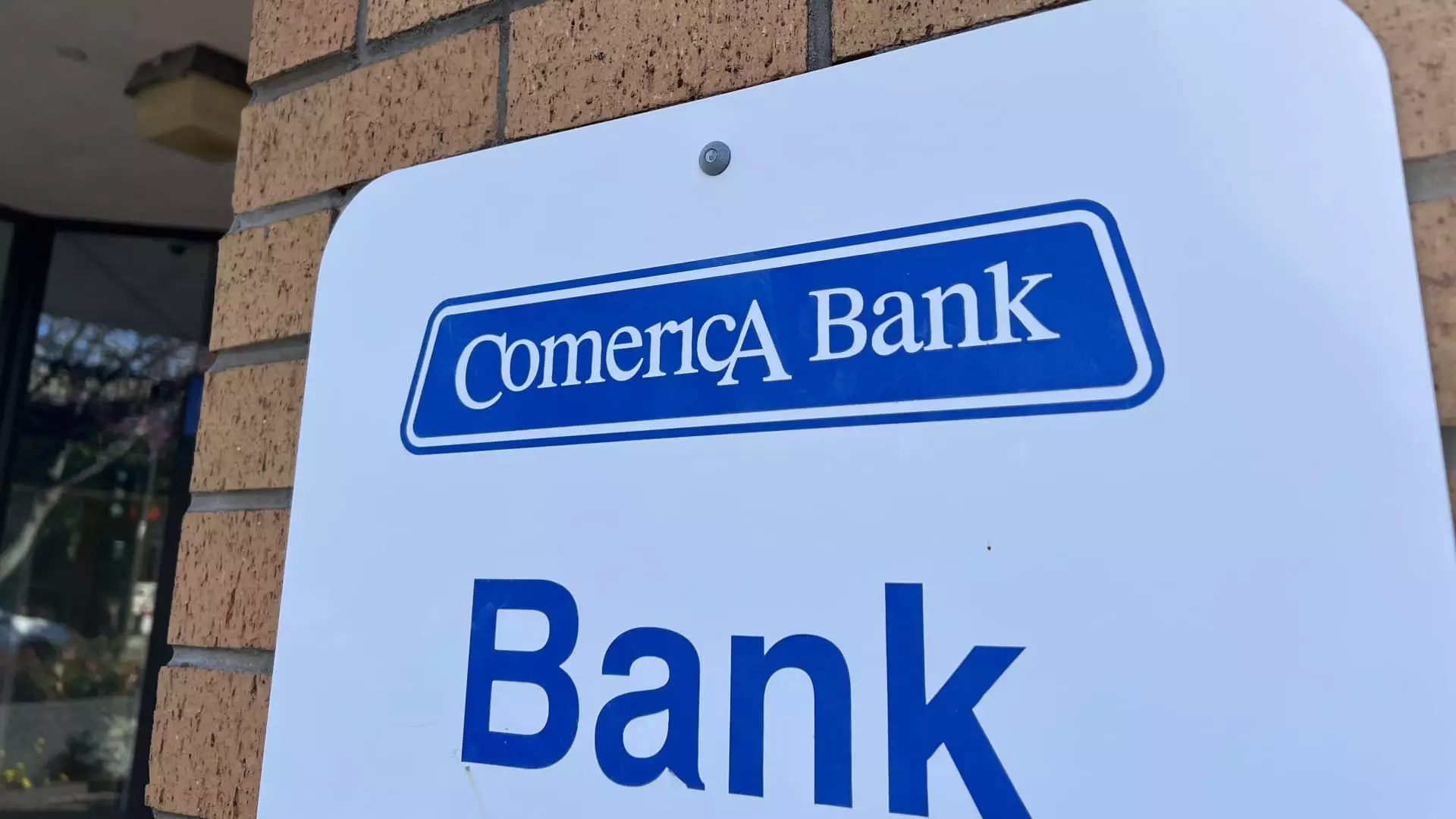Recently, the Consumer Financial Protection Bureau (CFPB) has brought forth serious accusations against Comerica Bank, pertaining to its administration of the Direct Express prepaid debit card program. This program is essential for many Americans who rely on federal benefits, including Social Security. The CFPB contends that Comerica has systematically violated the trust of its customers, particularly those who are vulnerable and depend on reliable access to their funds.
Key Claims Against Comerica Bank
The CFPB’s complaint outlines a series of troubling practices attributed to Comerica Bank. One of the most alarming claims is that the bank “intentionally terminated” over 24 million customer service calls. This egregious act not only left beneficiaries without necessary assistance but also indicates a systematic neglect towards the needs of a significant portion of their clientele—predominantly older adults and individuals with disabilities.
Moreover, the bank is accused of imposing unjust ATM fees on over one million cardholders. Such financial burdens disproportionately affect low-income individuals who rely heavily on public assistance. The CFPB has alleged that Comerica has also mishandled numerous fraud complaints, further undermining the safety and security of the funds entrusted to them.
The implications of these allegations are profoundly concerning. For many beneficiaries, the Direct Express card is not merely a banking tool; it is a lifeline that affords them the ability to purchase essentials like food and transportation. By failing to provide adequate support and ultimately resourcing the system in a way that prioritizes profit over service, Comerica appears to have put financial stability at risk for thousands of individuals struggling to make ends meet.
CFPB Director Rohit Chopra has made it clear that the practices described in the complaint contributed to the bank’s profit margins at the direct expense of those living on fixed incomes. This highlights a disturbing reality where financial institutions may prioritize earnings over ethical considerations and customer welfare.
In response to the allegations, Comerica has filed its own complaint against the CFPB, arguing that the bureau has exceeded its authority and failed to recognize the oversight provided by the federal government during their operations. Comerica maintains that it has complied with the requirements set forth when entering into the agreement to manage the Direct Express program and has cooperated with the CFPB throughout the investigation.
This incident is not isolated; the CFPB has previously imposed significant penalties on financial institutions for mishandling benefits programs, as seen with Bank of America’s $100 million fine in 2022. These patterns suggest an ongoing scrutiny of financial institutions and their responsibilities toward the populations they serve.
The unfolding situation between the CFPB and Comerica Bank sheds light on the critical scrutiny of how financial services are administered to vulnerable populations. The controversy highlights systemic issues within the banking industry regarding adherence to ethical practices in customer support and service provision. As the investigation progresses, it is crucial for all stakeholders to advocate for transparent and responsible banking practices that prioritize the needs of the most vulnerable members of society.

